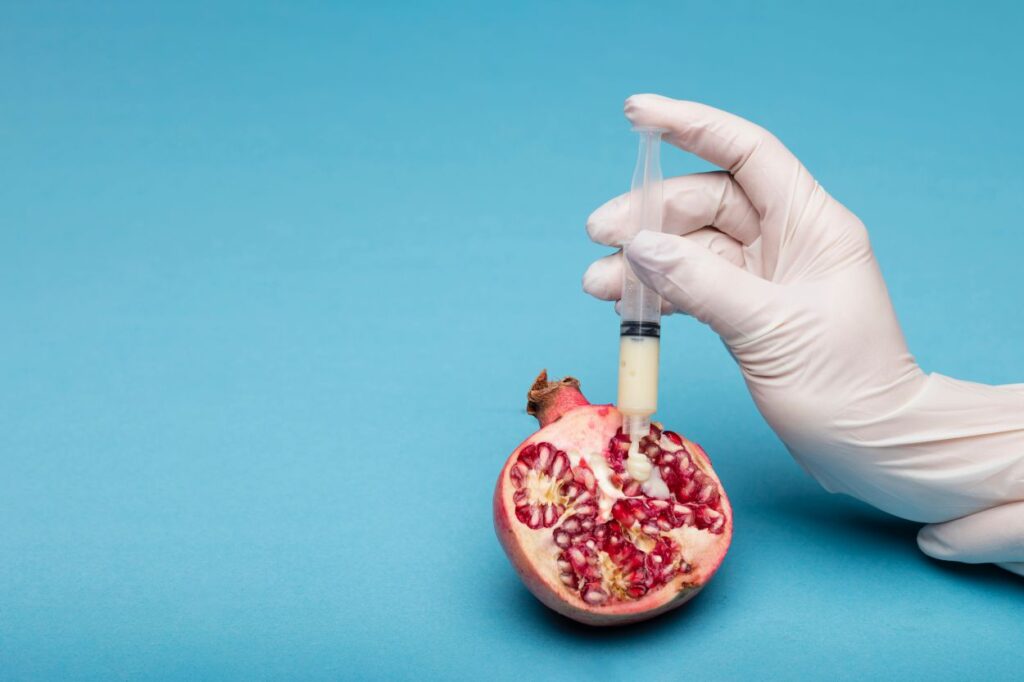This article offers a detailed dive into the intricate world of surrogacy in Ukraine, touching on the socio-political, economic, and human aspects intertwined in the narrative.
As with any medical or emotional journey, knowledge and compassion stand paramount. With the right approach and understanding, surrogacy in Ukraine can be a beacon of hope for many.
Table of Contents
Introduction: A Modern Path to Parenthood
In the intricate tapestry of modern family-building, surrogacy stands out as an increasingly chosen thread. But as the eyes of the world turn towards Ukraine, it isn’t just for its current geopolitical tensions. Beneath the shadows of the Russia-Ukraine war, an industry blooms – the Ukraine surrogacy industry.
Ukraine has emerged as a hub within this realm, creating hopes and impossible choices for surrogate mothers and intended parents. So, why Ukraine, especially amidst the conflict?
The Ukrainian Context: A Surrogate Haven

A brief history of surrogacy in Ukraine reveals a rich tapestry woven with the threads of legal support, economic advantage, and medical expertise. Ukraine’s surrogacy industry has expanded rapidly, drawing foreign couples in droves.
The Ukrainian law governing surrogacy is one of the most lenient, allowing not just heterosexual couples but also single women to seek surrogacy solutions. Comparatively, many European countries have restrictive surrogacy laws, making Ukraine a popular destination.
Economically, the cost of surrogacy in Ukraine remains far less than in Western countries. The surrogacy cost in Ukraine is a fraction of what couples might spend in the USA or the UK.
Why the Surge? Understanding the Global Traction
Ukraine’s rise as a surrogacy destination isn’t merely because of its laws or economy. The nation boasts reputable fertility clinics like the Biotexcom clinic in Kyiv, Ukraine. Here, an embryo transfer is done with utmost care, and the success rates stand testimony to the medical expertise available.
However, the journey hasn’t been without its challenges. The Russian invasion cast a shadow over Ukraine’s surrogacy industry. News alerts on the Russia-Ukraine war painted pictures of Ukrainian surrogate mothers trapped in bomb shelters, with intended parents unable to travel to Ukraine for their newborns.
Despite these challenges, the industry has put women, especially Ukrainian women, in empowered positions, offering them choices for surrogate endeavors that are both economically beneficial and emotionally fulfilling.
Personal Stories: Real Lives, Real Journeys
Anna, a surrogate in Ukraine, recalls her journey: “With the Russian troops advancing, the choices for surrogate mothers like me became limited. But the Biotexcom clinic ensured our safety, even as we navigated our pregnancies in difficult circumstances.”
Then there’s Mark and Sophia, a foreign couple whose baby was born through surrogacy in Kyiv.
The Science and Safety: Behind the Ukrainian Success
Ukraine’s surrogacy success isn’t just anecdotal. Backed by surrogacy experts like Sam Everingham, clinics in Ukraine have showcased success rates surpassing global averages. Ethical considerations are paramount in ensuring the well-being of surrogate babies and birth mothers.
Preparing for the Journey: Key Considerations for Intending Parents
Surrogacy is as much an emotional journey as it is a medical one. Intended parents need to be aware of the legal prerequisites, especially the nuances of the birth certificate process in Ukraine.
There’s also the emotional preparation to understand birth mothers’ challenges, especially against Ukraine’s war.
Potential Pitfalls: Being Aware and Vigilant
However, not all stories have happy endings. The war in Ukraine has put some women in impossible positions, terming some clinics as “baby factories”. Intended parents must choose surrogacy agencies judiciously and be wary of the pitfalls.
A Glimpse Into the Future: What’s Next for Ukrainian Surrogacy?
Given the current trends and Ukraine’s hopes for stability, the nation may continue to reign as a surrogacy hub. The evolving landscape, with potential laws and global perceptions changes, warrants a watchful eye.
Conclusion: Embracing Surrogacy with Knowledge and Compassion
Understanding surrogacy in Ukraine requires acknowledging myriad factors – from legal frameworks and medical expertise to geopolitical tensions. Compassion for surrogate mothers and parents and comprehensive research will ensure a journey that respects and celebrates every life involved.
Frequently Asked Questions about Surrogacy in Ukraine
-
How much does a surrogate cost in Ukraine?
In Ukraine, the cost of surrogacy is relatively more affordable compared to many Western nations. On average, intending parents can expect to spend around $50,000 for the entire surrogacy process. This cost encompasses medical expenses, legal fees, agency charges, and compensation to the surrogate. However, the price can vary based on specific needs and unforeseen complications.
-
Why does Ukraine have so many surrogates?
Several factors contribute to the high number of surrogates in Ukraine:
Favorable Legislation: Ukrainian law supports surrogacy, allowing both local and international intended parents to pursue their dreams of parenthood.
Economic Factors: Given the challenging economic conditions in some parts of Ukraine, surrogacy offers Ukrainian women a significant financial boost.
Medical Expertise: Fertility clinics in Ukraine, such as the Biotexcom clinic, are renowned for their medical prowess in surrogacy and embryo transfers.
International Demand: Due to restrictive surrogacy laws in various European countries, many foreign couples consider Ukraine a viable surrogacy destination.
Cultural Acceptance: The cultural landscape of Ukraine is more accepting of the surrogacy process, allowing women to become surrogates without facing excessive societal stigma. -
What is the age limit for surrogacy in Ukraine?
In Ukraine, the age limit for a woman to become a surrogate is 36 years. This regulation ensures the surrogate mother’s and baby’s health and safety. It’s essential to note that a potential surrogate must undergo additional health requirements and screenings to qualify, aside from just the age criteria.
-
How many surrogate babies are born in Ukraine each year?
Each year, between 2,000 to 2,500 surrogate babies are born in Ukraine. With its reputable fertility clinics and favorable legislation, the country’s burgeoning surrogacy industry has steadily increased these numbers. The presence of both local and international surrogacy agencies facilitates this process, ensuring that the journey for intended parents is as smooth as possible.













